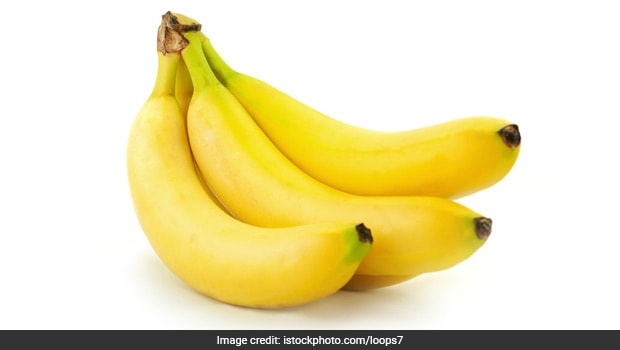Banana is probably one of the most commonly available fruits throughout the world. Botanically classified as a berry, it packs a nutrition punch. Bananas grow on large herbaceous flowering plant in bunches and can be of red, brown, purple, yellow and green variety. Be it the flower, leaf, trunk or the fruit itself, the entire shrub is useful in various ways. In the Indian subcontinent, bananas are widely used in cooking; banana chips, banana jelly, raw banana subzi are some of the most popular dishes in our country. The flowers of banana are a delicacy in both Bengali and south Indian cuisines. Banana leaves are used for making eco-friendly disposable eating bowls as they are waterproof and flexible enough to be moulded into shapes. Other than this, fish and rice is often wrapped in these leaves for cooking purpose. Whereas, the soft inner core of the banana trunk is used across Southeast Asian cuisines for cooking.
In addition, the fibre from the shrub has been used for making clothes since the 13th century and it is also used for making paper.
Banana Nutrition | Nutritional Values Of Banana
| 70 gms:1 medium size | |
|---|---|
| Calories | 77.45Kcal |
| Carbohydrates | 17.46gm |
| Fat | 0.22gm |
| Protein | 0.87gm |
| Fibre | 1.54gm |
| Folates | 13.96µg |
| Vitamin | C 5.6mg |
| Magnesium | 21.15mg |
| Phosphorus | 14.59mg |
| Potassium | 253.4mg |
Source: Nutritive Values of Indian foods 2017: NIN, ICMR
Despite being abundantly rich in essential nutrients, bananas have always been associated with obesity for some strange reason. Hence, to understand its health quotient, let's have a closer look at the nutrients.
Calories: At less than 100Kcal per serving, this is a perfect in-between meal snack. It provides important vitamins and minerals too.
Carbohydrates: A good source of carbs, bananas provide quick energy and are a perfect pre-workout snack. Carbs are the main source of energy for our body, so a healthy carb snack goes a long way in keeping our energy levels up. Bananas have a low Glycaemic index (51+/- 3), which means that the fruit isn't going to increase your blood sugar too much. Diabetics need to speak to their nutritionist for individual guidance.
(Also Read: Does Eating Banana Cause Or Relieve Constipation? We Find Out!)

Bananas provide important vitamins and minerals
Fat: Bananas contain .22gms of fat! It's negligible, so stop worrying and add bananas to your meals as one of the seasonal fruits to have in rotation.
Fibre: Bananas have a modest amount of fibre but what makes it an ideal choice for healthy digestion is the fact that within its fibre is one type called Pectin. A soluble fibre, the quantity of pectin increases as the fruit ripens. Pectin is linked to decreasing cholesterol and lipids in the blood. It has also shown glucose and insulin lowering activity, and in addition it increases the gastric emptying time, which further promotes satiety.
Folates: One of the preferred weaning foods for babies is mashed banana. The folates present in bananas help meet the need for folic acid in infancy and early childhood. Folates are required for converting carbs to energy, for making red and white blood cells and for production of DNA & RNA. Folic acid is also associated with a decreased risk of heart diseases and stroke.
Potassium: It is a key mineral that is associated with important functions in the body. Potassium is required for maintaining the electrolyte balance in the blood and also help in controlling blood pressure by negating the effects of salt. It is essential for the muscles to work effectively, especially those that control the heart beats and breathing; potassium also helps the nerves work properly.
Every food that nature provides us with comes along with health benefits; therefore, eliminating it from diet because of some myth not just deprives us of good nutrition but also variety, which is the spice of life. The only contraindication for consuming bananas are for people with kidney diseases, or people on medication, which may lead to an increase in potassium.
Disclaimer: The opinions expressed within this article are the personal opinions of the author. NDTV is not responsible for the accuracy, completeness, suitability, or validity of any information on this article. All information is provided on an as-is basis. The information, facts or opinions appearing in the article do not reflect the views of NDTV and NDTV does not assume any responsibility or liability for the same.
About Rupali DattaRupali Datta is a Clinical Nutritionist and has worked in leading corporate hospitals. She has created and lead teams of professionals to deliver clinical solutions for patients across all medical specialties including critical care. She is a member of the Indian Dietetic Association and Indian Association of Parenteral and Enteral Nutrition.








